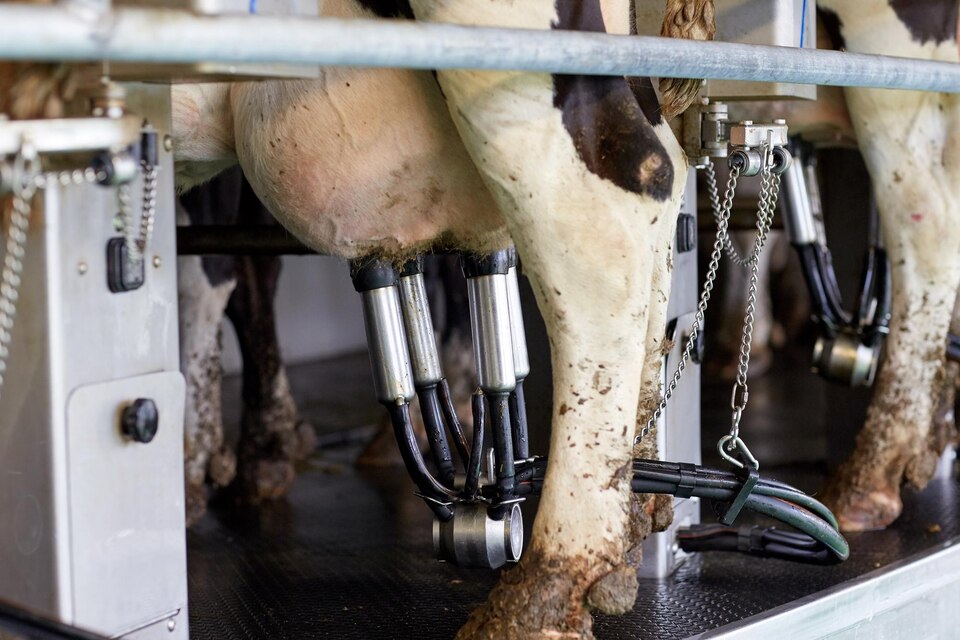
Dairy Farming Equipment
Introduction
Dairy farming has evolved dramatically over the years, transitioning from traditional manual processes to a sophisticated, technology-driven industry. Modern dairy farms depend heavily on specialized equipment to ensure efficiency, animal health, and high-quality milk production. Whether you’re operating a small-scale farm or managing a large commercial dairy operation, having the right equipment is crucial to streamline daily operations, reduce labor costs, and maintain product consistency. As global demand for dairy products continues to rise, the need for innovative, durable, and scalable dairy farming equipment becomes increasingly essential.
Equipment Needed for Dairy Farming
To establish and maintain a productive dairy farm, a comprehensive array of equipment is required to cover various aspects of herd management, feeding, milking, and storage. Essential dairy farming equipment includes:
- Milking Machines: From portable units for small farms to automated parlors for large herds, milking machines are the cornerstone of any dairy operation. They improve hygiene, increase efficiency, and reduce the stress on animals.
- Milk Cooling Tanks: To maintain the quality and freshness of milk, it is vital to cool it immediately after milking. Bulk milk coolers and chilling tanks help in preserving milk until it is transported or processed.
- Feeding Systems: Automated feeding systems, including TMR (Total Mixed Ration) mixers and conveyor belts, ensure that cows receive the right nutritional balance at the correct time, enhancing milk yield and overall herd health.
- Manure Management Equipment: Efficient manure handling is critical for hygiene and environmental compliance. Scrapers, slurry tanks, and compost turners help in managing waste effectively while recycling nutrients for crop production.
- Calf Care Equipment: Young livestock require special attention, and calf feeders, warming boxes, and housing systems help promote healthy growth from the start.
- Health Monitoring Tools: Wearable sensors and monitoring systems allow farmers to track vital signs, detect early signs of illness, and monitor breeding cycles, leading to proactive herd management.
What Machines Are Used in Dairy Farming
The integration of advanced machinery in dairy farming has revolutionized the industry, significantly boosting productivity and operational ease. Key machines commonly used on modern dairy farms include:
- Rotary Milking Parlors: These high-capacity systems enable continuous milking and are ideal for large-scale operations. They reduce labor requirements and enhance cow comfort.
- Robotic Milking Systems: Automated milking robots allow cows to be milked on their own schedule, improving milk yield and reducing labor dependency. These systems also collect real-time data on milk production and animal health.
- Automatic Feed Dispensers: These machines calculate and dispense the exact quantity of feed needed for each cow based on its weight, lactation stage, and health status.
- Bale Wrappers and Silage Machines: These machines help in preserving forage by wrapping it in airtight packaging, ensuring year-round feed availability with minimal spoilage.
- Manure Separators and Digesters: These are used for turning waste into biogas and organic fertilizer, supporting sustainable and eco-friendly farm operations.
Commercial Dairy Equipment
Large-scale commercial dairy farms operate on a different level of complexity and require robust, high-capacity equipment that can function continuously with minimal downtime. Commercial dairy equipment includes:
- Industrial Milk Pasteurizers: These machines ensure the safety and quality of milk by eliminating pathogens while retaining essential nutrients.
- Bulk Milk Transport Solutions: Insulated tankers and refrigerated trucks are essential for transporting large volumes of milk while maintaining temperature integrity.
- Automated Barn Systems: These include ventilation, lighting, and cleaning systems that create a comfortable environment for cows and improve operational efficiency.
- Data Management Software: Integration of digital platforms for tracking milk production, feed consumption, breeding, and health allows for data-driven decision-making and regulatory compliance.
Investing in reliable commercial dairy equipment not only enhances productivity but also ensures scalability as your dairy business grows.
Used Dairy Farm Equipment for Sale
For farmers looking to optimize costs without compromising on quality, the used dairy equipment market presents valuable opportunities. Pre-owned machines—ranging from milking systems to cooling tanks and feeding equipment—can offer significant savings and immediate availability.
Key considerations when purchasing used dairy equipment include:
- Equipment Condition and Maintenance History: Always verify that the machinery has been well-maintained, with a documented service record to avoid unexpected breakdowns.
- Brand Reputation and Spare Parts Availability: Opt for well-known brands that ensure easy access to spare parts and support services.
- Energy Efficiency and Compliance: Modern regulations often require energy-efficient and environmentally friendly systems, so ensure the equipment meets local standards.
Numerous trusted platforms and local dealers specialize in certified, tested, and refurbished dairy farm equipment, making it easier for farmers to access high-quality gear within budget.
Conclusion
The success of any dairy farming operation, whether small-scale or industrial, hinges on the use of well-maintained, high-performing equipment. With rapid advancements in agricultural technology, investing in the right tools not only enhances milk quality and yield but also streamlines daily operations and supports sustainable practices. Whether you’re just starting out or expanding a commercial enterprise, choosing the right dairy farming equipment—new or used—can be a game-changer in achieving long-term profitability and operational excellence.

